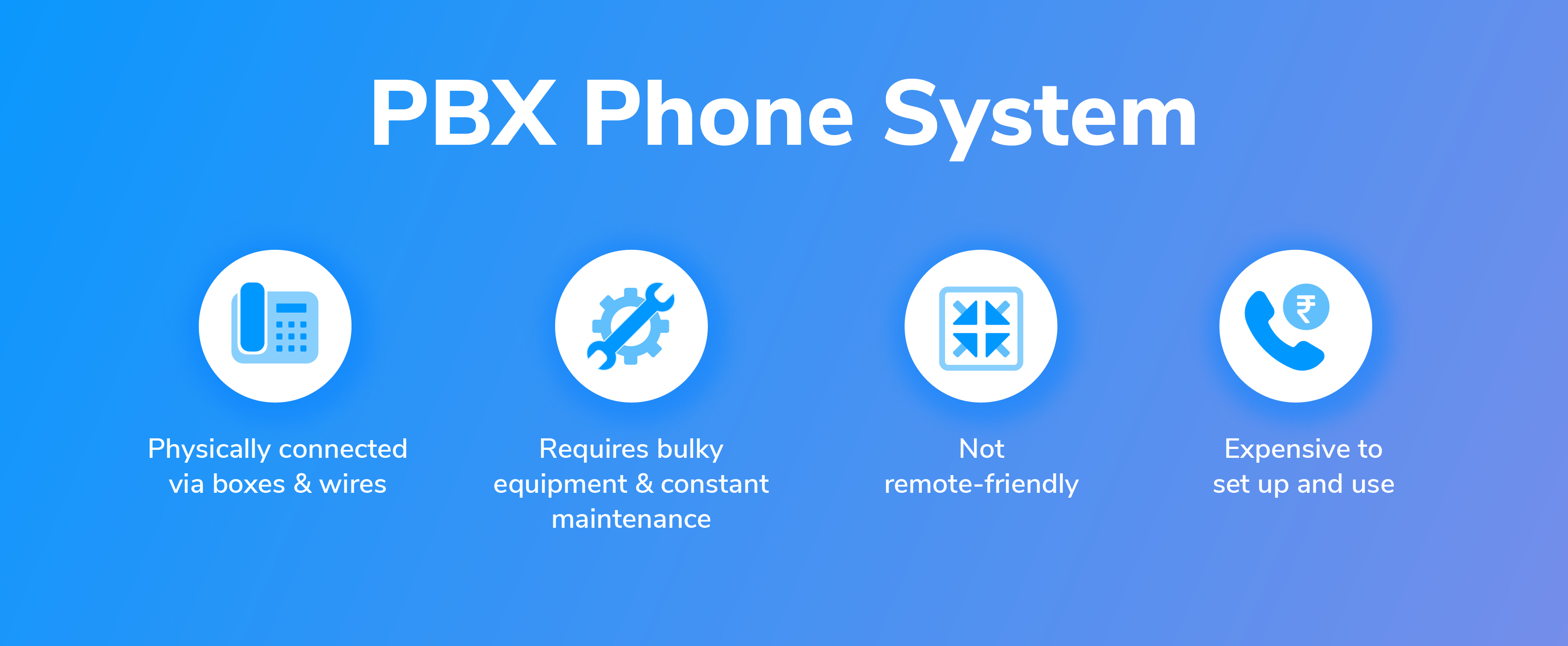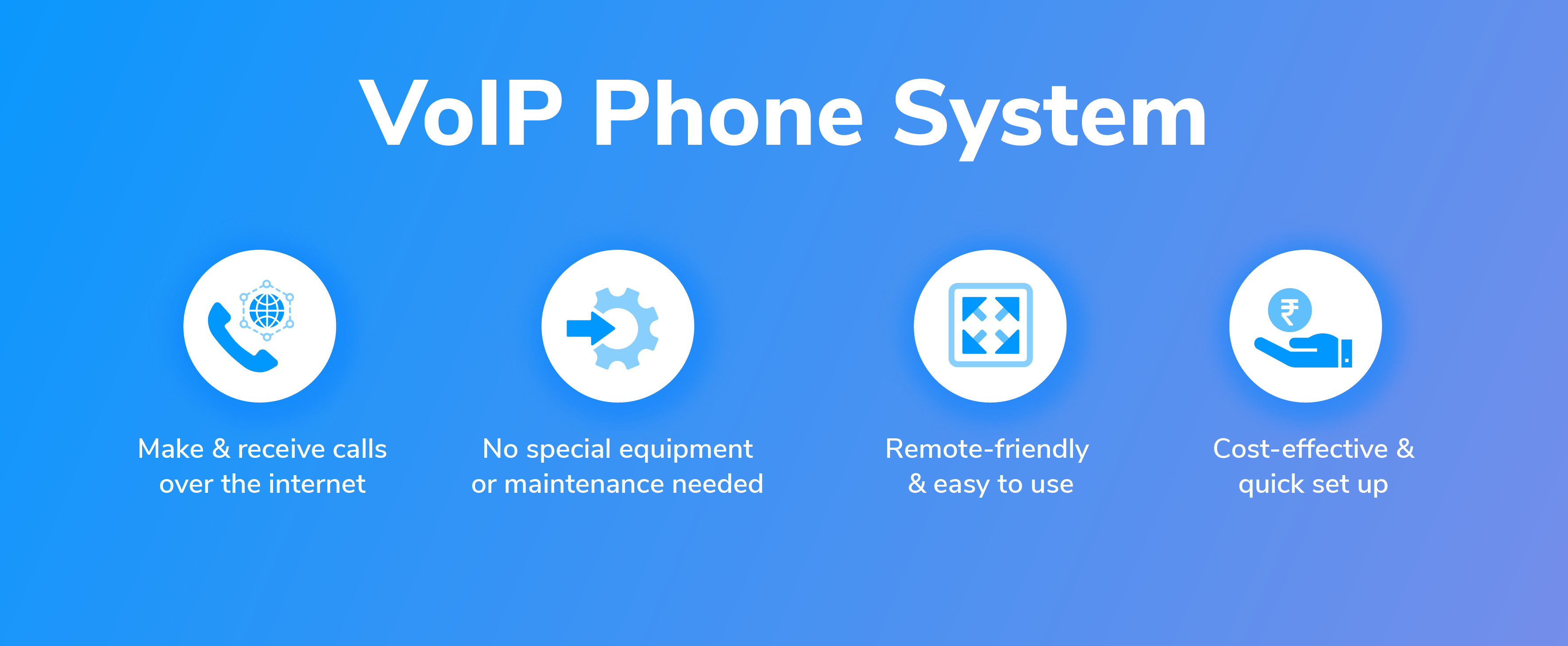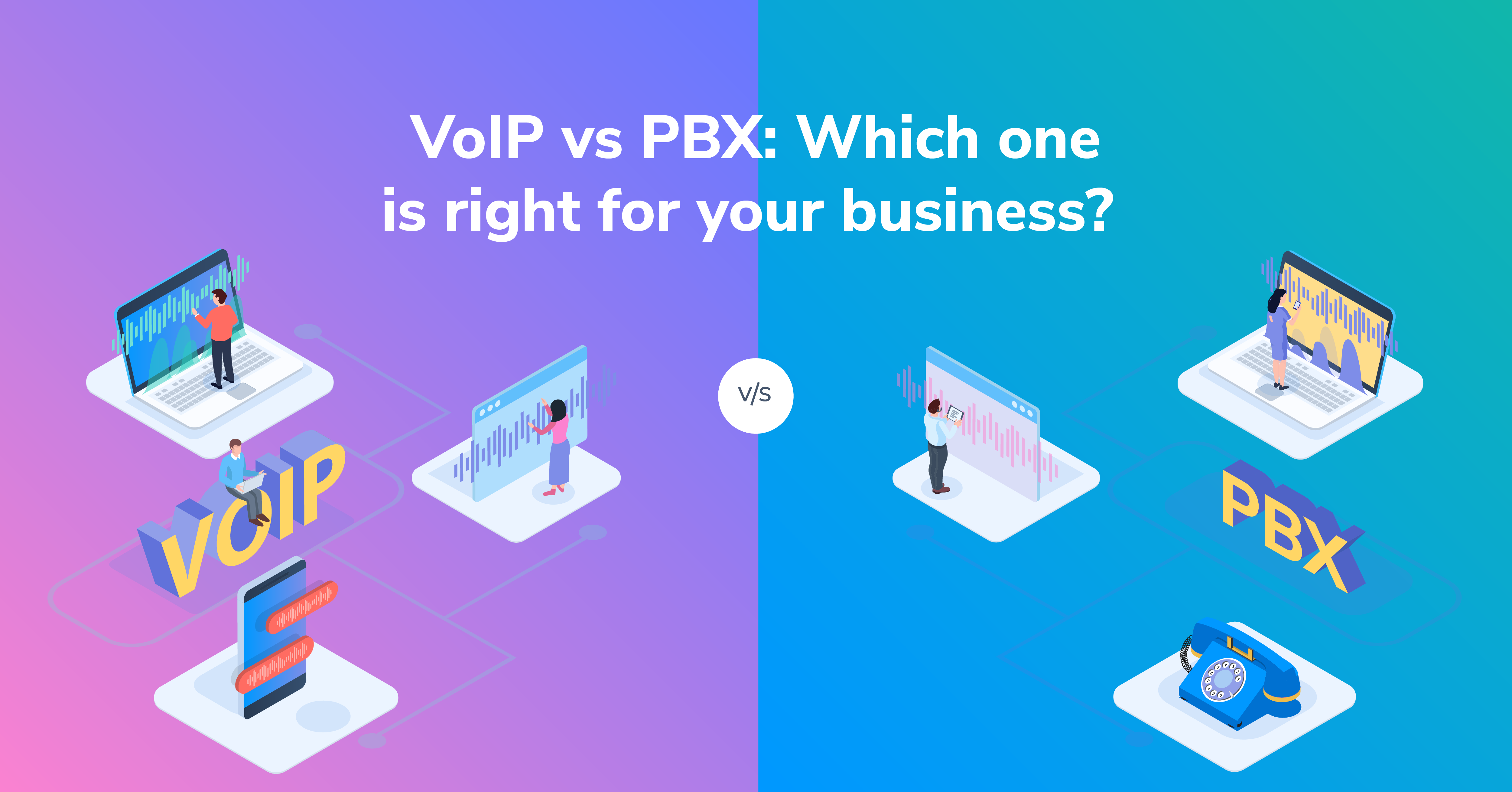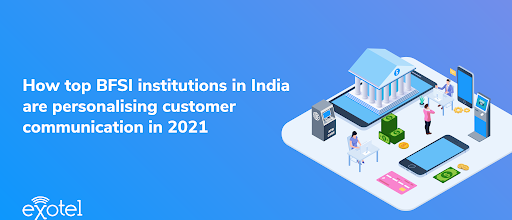Effective customer communication is integral to the success of any business. Hence, choosing a platform to enable your communication needs is one of the most important decisions you’ll make for your organization.
Each business is different and so are the communication needs that come along with these differences. Before choosing a phone system for your business, it is imperative to understand the differences between the two most popular ones: PBX and VoIP. In this post, we’ll highlight the key differences between the two, so you can make an informed decision.
What is a PBX Phone System?

A PBX phone system is an analogue phone system. It physically connects each phone in your organization to the exchange network. All calls are routed via this network.
What is a VoIP Phone System?

A VoIP phone system allows you to make and receive calls over the internet. Unlike traditional phone systems like PBX, no boxes and wires are required in VoIP. Analogue signals are converted to digital packets and then transmitted over the internet.
PBX vs VoIP: Which one is better?
Here are some of the major differences between the two:
1. Flexibility
VoIP Phone systems offer greater flexibility and ease of use than PBX phone systems. You can add/remove agents, make changes to your call flow, etc, within a few minutes. In PBX, these changes can take up to days, if not weeks.
2. Scalability
VoIP phone systems allow you to scale at ease. There’s no need to worry about the costs and the effort involved in adding more agents or setting up a new office – everything is taken care of by your VoIP provider. In PBX, though, you’ll need to set up and buy expensive equipment for each additional employee.
3. Cost-efficient
VoIP calls cost less than PBX calls because they are transmitted over the internet. It also saves the cost required to own and maintain a separate channel for voice communication. Overall, VoIP beats PBX hands-down when it comes to cost.
4. Remote-Ready Phone System
VoIP phone systems are remote-ready. They enable agents to make & receive calls from anywhere, as long as they have access to the internet. PBX phone systems, on the other hand, don’t enable remote work.
5. Integration with CRM/HelpDesk software
VoIP phone systems can easily be integrated with your CRM or HelpDesk software. The integration makes it easy for your agents to personalize calls, and they don’t have to switch between dashboards to dial a number. It also helps you access all your data in one place, and improve tracking & analysis. This integration is not possible with on-prem PBX phone systems.
6. Bulky components
PBX phone systems are infrastructure-heavy. They require bulky on-prem components to make it work, including specialized phones. VoIP phone systems, on the other hand, don’t require any special equipment. All you need is a smartphone/a laptop and a reliable internet connection to start making calls over VoIP.
7. Maintenance and upkeep
PBX phone systems require constant maintenance and upkeep. This makes the whole affair costly and effort-intensive. When it comes to VoIP, you don’t need to worry about maintenance. All of that is taken care of by your VoIP provider, which frees up resources that you can then invest in growing your business.
8. Flexible Phone Options
You can make and receive VoIP calls over any smartphone or laptop. All you need is access to a reliable internet connection. However, the same is not possible in case of PBX phone systems — you’ll need to buy specialized phones for communicating via a PBX.
A PBX phone system has many advantages, but it comes up short on many fronts. Businesses are increasingly moving to VoIP to future-proof their communication system. This shift is especially relevant in times like these when enabling remote work is critical to business continuity. If you’re looking for a way to enable your agents to work remotely, you can book a consultation slot with us and we will help you set up a remote business phone system in no time!




 +65-6951-5460
+65-6951-5460 +91-8088919888
+91-8088919888 +1-(718) 354-8866
+1-(718) 354-8866 +62-215-098-4960
+62-215-098-4960 +60-3-2771-2799
+60-3-2771-2799 +61-2-8073-0559
+61-2-8073-0559
No Comments